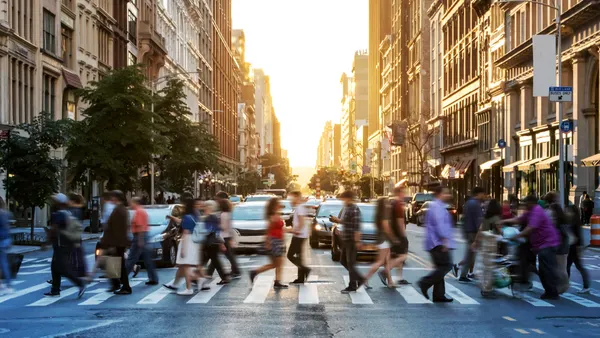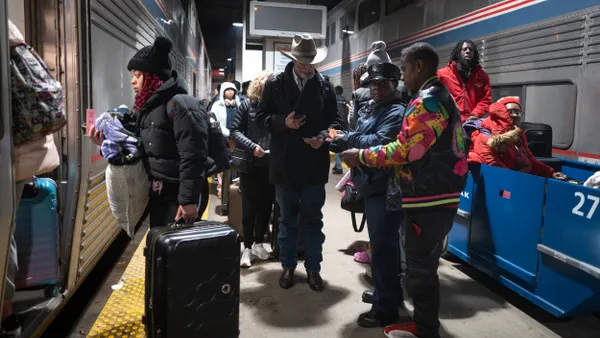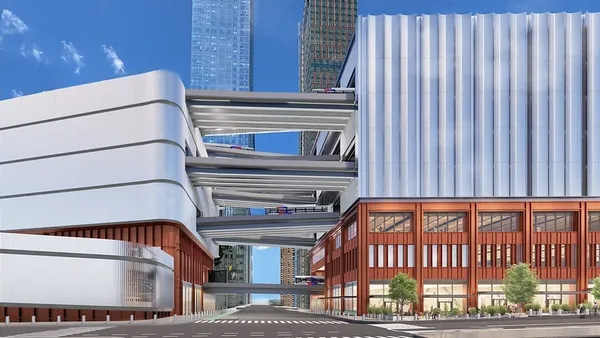New York City must implement congestion pricing to help pay for repairs to its roads and public transportation, a panel of experts said earlier this week.
At an event hosted by Brooklyn-based startup accelerator URBAN-X on Monday, the panelists said congestion pricing would also help get more cars off the roads and make it easier for people to walk and bike, as well as reduce emissions.
When New York Transit Authority President Andy Byford unveiled a plan called "Fast Forward," which would accelerate repairs and modernization of the New York City subway, much of the questions focused on how the plan would be paid for.
Since then, the likes of the New York Daily News Editorial Board have called for congestion pricing to pay for Byford’s plan, and while panelists acknowledged congestion pricing will not solve the funding problem, they say it will be very helpful. "Will it solve the problem of funding the capital plan in and of itself? No. But it’s a necessary part of any strategy we have," Marcia Bystryn, President of the New York League of Conservation Voters, said on the panel.
Many proposed congestion pricing plans would charge a fee to those who enter Manhattan, something that had been floated by New York Gov. Andrew Cuomo, D, in a budget proposal but failed to make the final cut.
And this year, in a bid to raise money, the State Legislature went in a different direction and passed a congestion surcharge of $2.75 on Uber and Lyft and $2.50 on taxis when ridden below 96th Street in Manhattan.
Those surcharges are expected to raise around $400 million a year, but economist Charles Komanoff said on the panel that it needed to be done with a congestion charge for private cars and trucks to promote "synergy." "I think it’s wrong. I think it’s punitive. It is going to raise $400 million a year and that’s I guess a good thing but it’s all going to be on the backs of the drivers," he said.
Since then, governor candidate Cynthia Nixon has unveiled a congestion pricing plan of her own during her primary challenge against Cuomo along with further taxes on millionaires and emissions, while he has called for a stand-alone congestion pricing plan.
Panelists said they are concerned that if public transportation does not receive new investment, more and more people will stop riding and use other options, including autonomous vehicle (AV) ride-hailing networks that have been proposed by the likes of Tesla and Waymo.
"I think it’s time to improve the infrastructure for transit and give more options," Frederic Charlier, founder and CEO of mobility charging network ClearRoad, said. "If transit was better there would be less cars in the road, even if there’s no congestion pricing."
Komanoff said he hopes that city residents and elected officials alike start to see the benefits of congestion pricing, which he said go way beyond more revenue.
"I’m struck, and I wish all New Yorkers and especially our elected officials ... could be struck by the fact or quantitative results that by not having congestion pricing we are leaving on the table $3.5 billion a year, $10 million a day of better quality of life for the people who live and work in the City of New York," he said. "Most of that is the time savings subway riders would have because the congestion revenues could be invested in making the subways run better."










